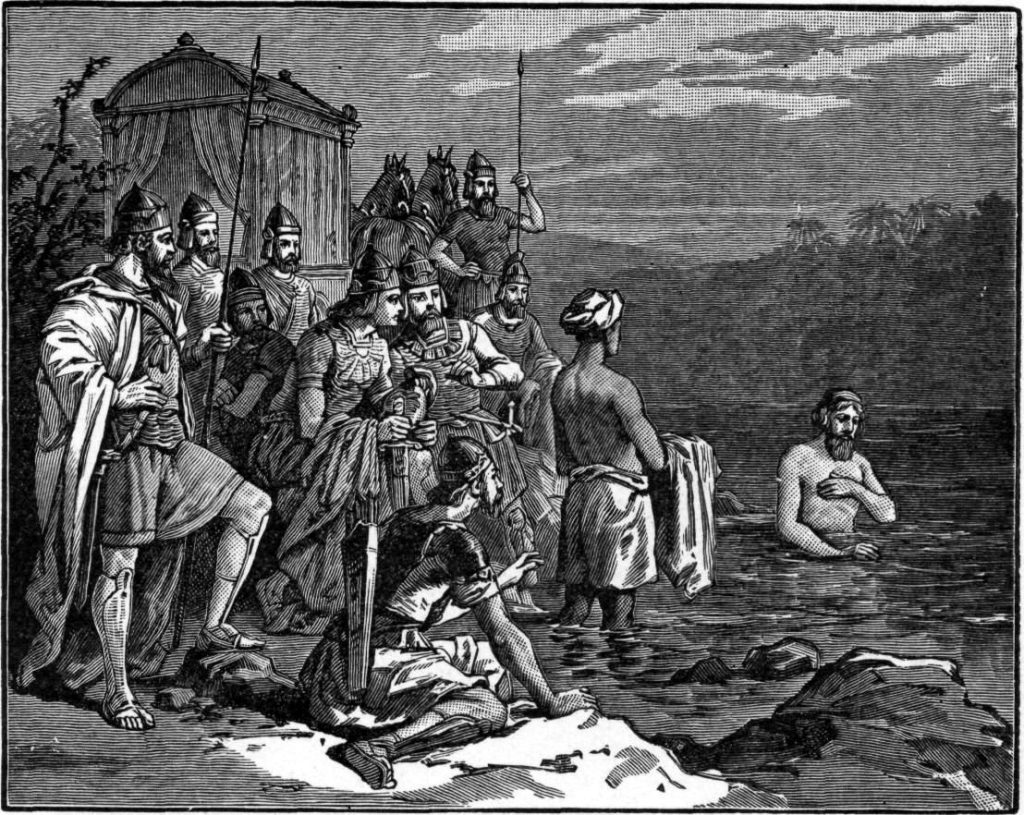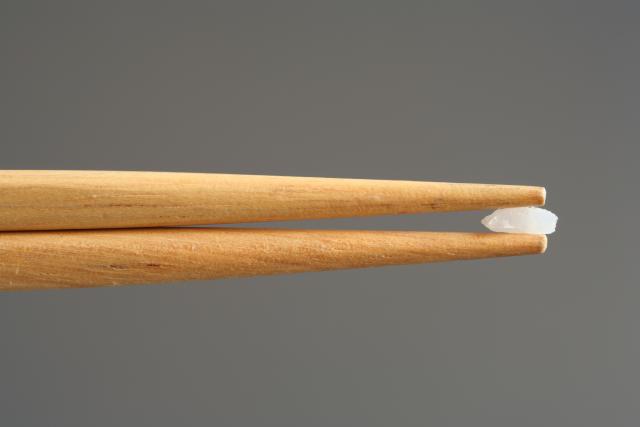
Blue Cliff Record, Case 5
Hsueh Feng, teaching his community, said, “Pick up the whole great earth in your fingers, and it’s as big as a grain of rice. Throw it down before you: if, like a lacquer bucket, you don’t understand, I’ll beat the drum to call everyone to look.”
Reflections
Xuefeng Yicun (822-908) was a student of Deshan. He and Yantou were close friends and studied together at Deshan’s place. Before going to Deshan’s Xuefeng studied with Dongshan where he served as cook. But Dongshan told him to go to study with Deshan. At Deshan’s he was the cook in the koan about old Deshan who come out of his room, bowls in hand, to eat, before the dinner bell had struck. Yantou was the one Xuefeng told about the old befuddled Master. Yantou then said the Deshan still didn’t know the “last word.” And the rest is found in the thirteenth koan of the Wumenkuan.
Xuefeng was contemporary of Zhaozhou. It is not known if they ever met. But it was Xuefeng who call Zhaozhou the “Ancient Buddha of Zhaozhou.” Continue reading


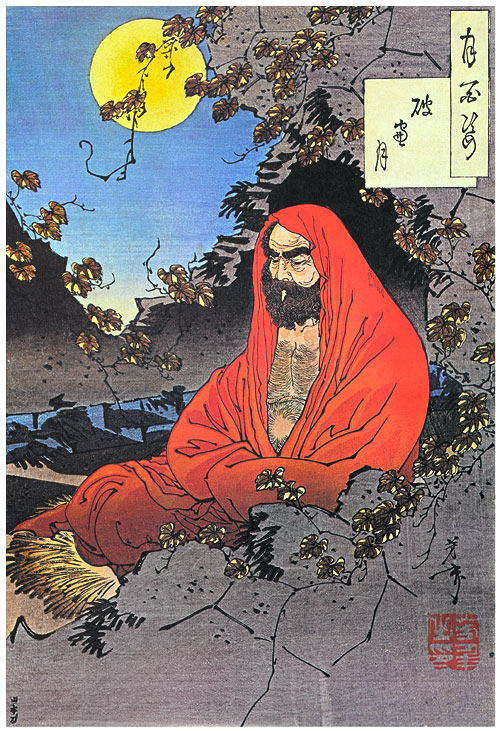 Blue Cliff Record, Case 1
Blue Cliff Record, Case 1 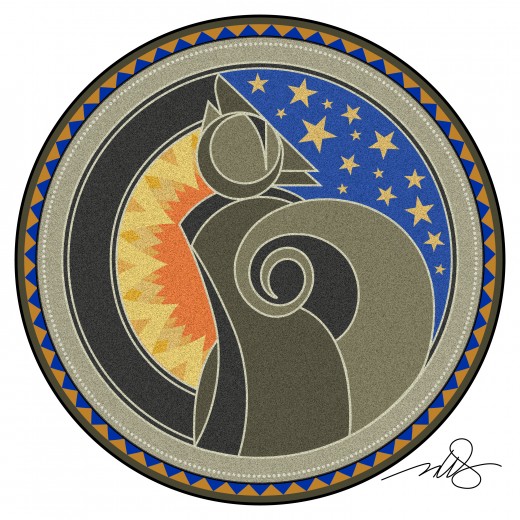
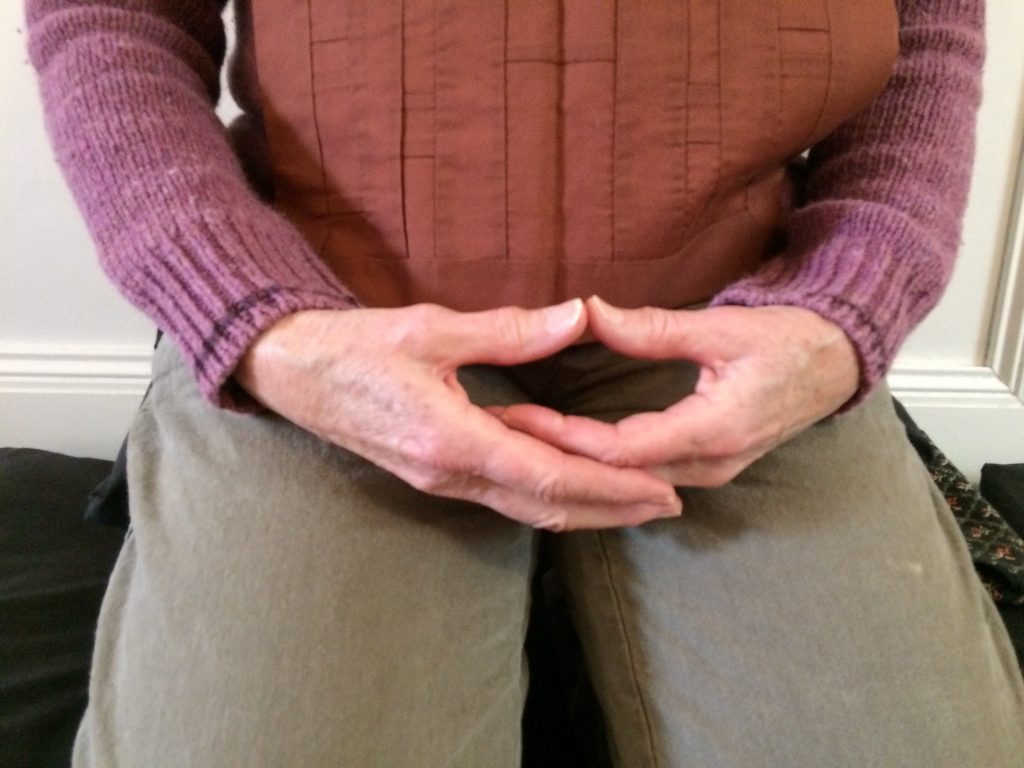 Oh the zazen of the Mahayana!
Oh the zazen of the Mahayana!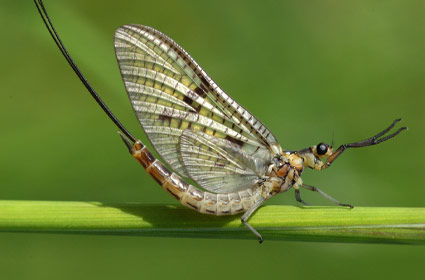 Luoshan asked Yantou, “When arising and vanishing go on unceasingly, what then?”
Luoshan asked Yantou, “When arising and vanishing go on unceasingly, what then?”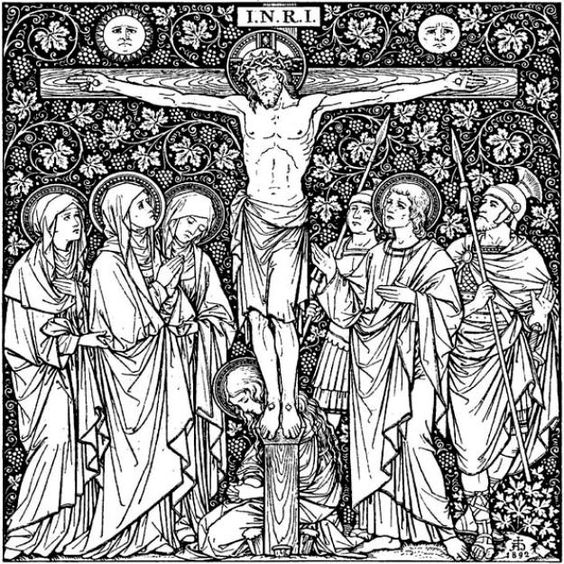 Probably all human beings spend a lot of time and energy trying to keep their lives under control, but I think we Americans are particularly obsessed with it. We do everything we possibly can to prevent any kind of accident or unpleasant experience. There is a whole mail order catalog full of things to keep life safe: fool-proof burglar preventions, ladders to hang out of windows in case of fire, “the club” to prevent our cars from being stolen. We have warning labels on everything. On ladders, warning us that we could get hurt if we fall off. On candles, warning us that the curtains could catch on fire if we light candles near them. And we have insurance for every possible disaster: health insurance (if we can afford it, that is), mortgage insurance, life insurance, credit-card insurance. You name it. If it can be insured, it will be.
Probably all human beings spend a lot of time and energy trying to keep their lives under control, but I think we Americans are particularly obsessed with it. We do everything we possibly can to prevent any kind of accident or unpleasant experience. There is a whole mail order catalog full of things to keep life safe: fool-proof burglar preventions, ladders to hang out of windows in case of fire, “the club” to prevent our cars from being stolen. We have warning labels on everything. On ladders, warning us that we could get hurt if we fall off. On candles, warning us that the curtains could catch on fire if we light candles near them. And we have insurance for every possible disaster: health insurance (if we can afford it, that is), mortgage insurance, life insurance, credit-card insurance. You name it. If it can be insured, it will be.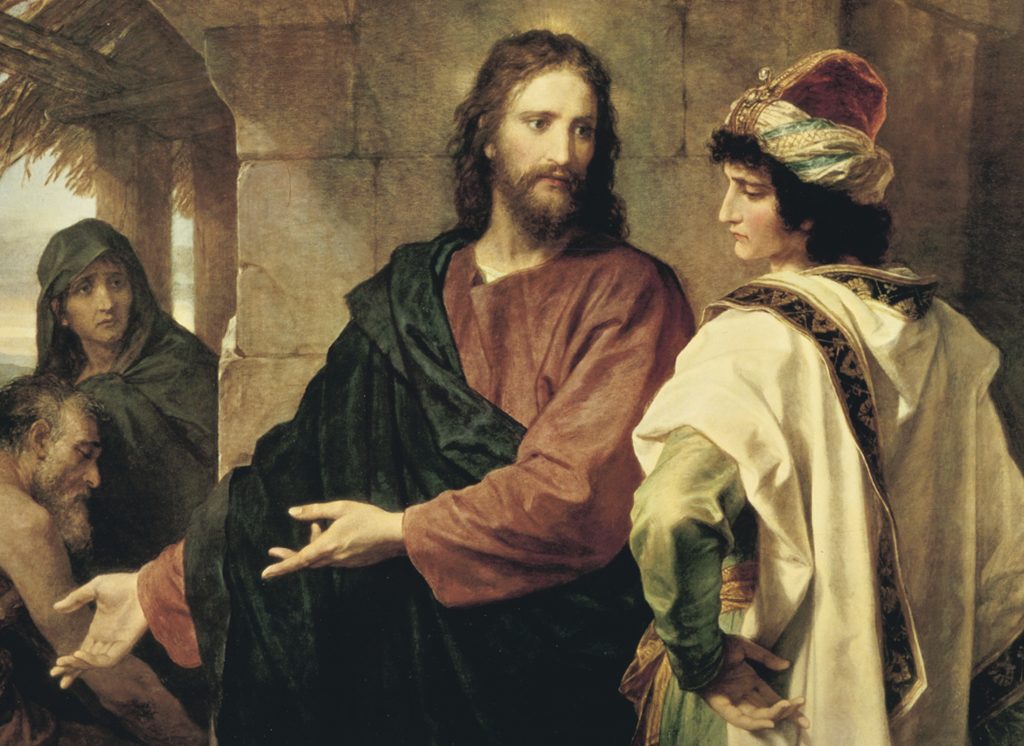 Mark 10:17-27
Mark 10:17-27